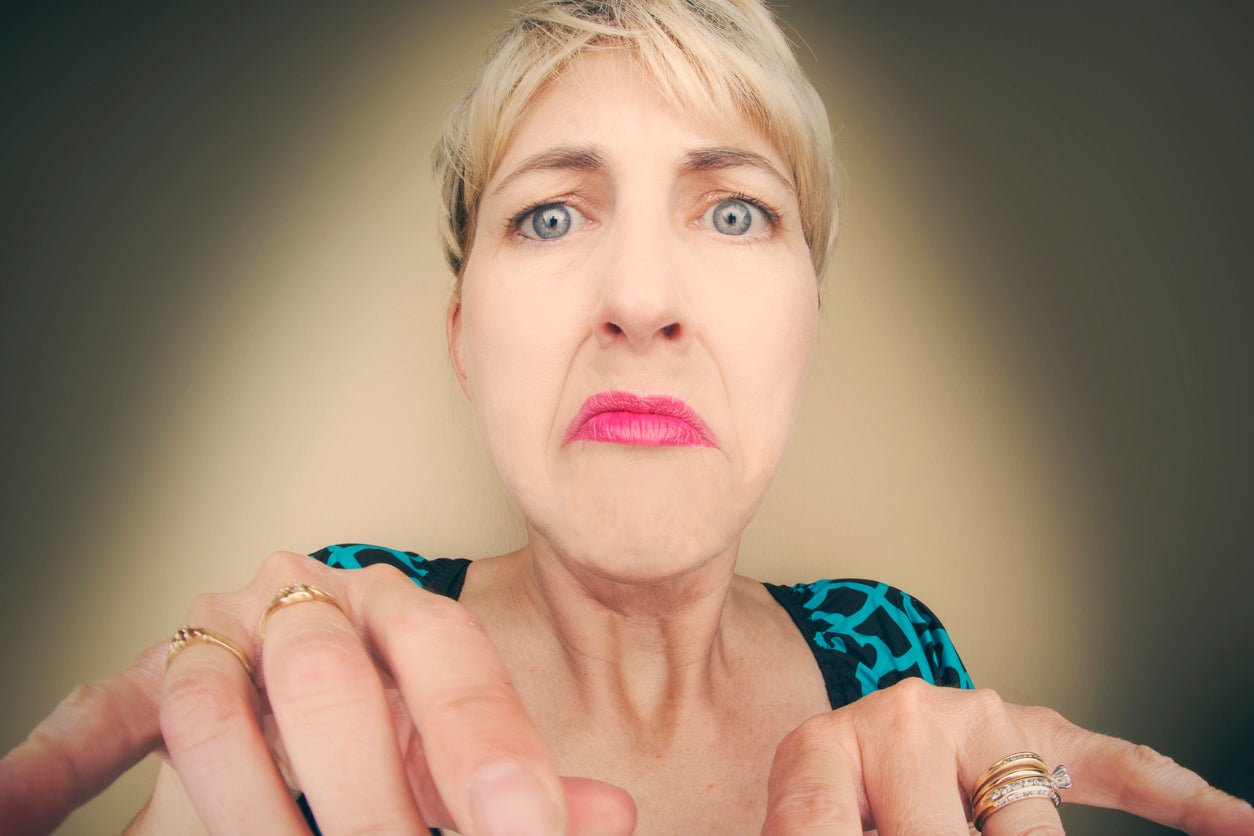The problem with calling someone a ‘Karen’
The ‘Karen’ meme began as a way to call out a certain kind of person but now is being used to describe any woman of a certain age


The other day, my eight-year-old daughter asked me, “What’s a Karen?” There are many questions my daughter has asked me that I’ve had to quietly look up, so it doesn’t look like mummy paid no attention whatsoever at school. Like “why can we sometimes see both the sun and the moon on our walk to school?” or “why fish can’t blink?”
“Why don’t I have a daddy?” was one no search engine could quite pull off. Happily, I was prepared, and so far have been able to answer and discuss without ever wailing, “Because Mummy mistook good looks for good values and integrity!”
The “Karen” question took me aback. How do you explain the Karen meme to an eight-year-old? “Well darling, that name is being used as a pejorative for a white woman complaining about something petty or unreasonable and trying to use her white privilege to get her own way. What’s that, darling? White privilege? Oh, it’s an academic term, which made its way into common parlance. Its meaning is very often misunderstood and unhelpful in ordinary chit-chat, so the Karen meme is used to much more quickly and efficiently denigrate a white woman of a certain age (Mummy’s age) because that was the generation where the name Karen was very popular. In short, it’s a sexist, ageist term and if you don’t use it in that way it’ll be much nicer for Auntie Karen when she visits next week.”
Any white woman who needs to complain, see the manager or stick up for herself runs the risk of being called a “Karen”. Now that it’s in the playground, we know the name won’t enjoy a revival any generation soon.
I wanted to know in what context kids were calling each other a “Karen”. My daughter said, “When someone is really bossy, other kids call them a ‘Karen’.” By “someone”, I found out she meant a girl.
The “Karen” meme began as a way to call out a certain kind of person but now is being used to describe any woman of a certain age, just as “mansplaining” gave us a license to berate and mock any man.
In the Eighties, it was Sharons and Traceys who got it in the neck. They became the names nobody wanted to be called after they were used to describe women or girls considered working class and brash. “She’s such a Sharon” was just about the worst thing you could say to someone at my school. You could get into a fight.
Viz magazine – which was my guilty pleasure for years until I decided to never feel guilty about loving it again – has two characters, The Fat Slags, who are called Sandra and Tracey. And in the hugely successful sitcom Birds Of A Feather, Pauline Quirk and Linda Robson played Sharon and Tracey, two lovable working-class sisters looked down on by their social climber neighbour Dorien. I doubt there will be a sitcom for poor old Karen.
I’m not white so will not be called a Karen but my behaviour has very often been Karenesque. Hormones have often played a part in the times I’ve not been able to just chill out and let something go with a service company or antisocial stranger.
When I hang out with younger friends and family, I am reminded of how somehow, along the way, we manage to find ourselves irked by things which would have been water off a duck’s back when we were younger. A while ago, when my dog was just a pup, she ran up to a group of young teenagers hanging out in the park and jumped up on the cleanest one – who happened to be wearing crisp white tracksuit bottoms and a white T-shirt – and got muddy pawprints all over her. The girl sweetly waved away my grovelling apologies, not in the least bit interested in my offering of wet wipes (just as well; they would have only spread the mud. I don’t know what I was thinking). She simply dusted herself off and absorbed herself again in the gang. That same girl at 50 might well have told me off and huffed, “You should put that dog on a lead!” And she’d have been right, but it that context, she’d have also been the Karen.
Years ago, in my stand-up routine, I would talk about how certain names had certain characteristics. Helens, for example, were the sensible girls; Vickys were the party animals; and nobody ever met a Fiona who wasn’t downright unbearable. It was a tongue-in-cheek observation which ensured no one called Fiona ever sought my friendship (which is fine, as everyone knows you can’t trust them.)
This week, though, I told my daughter that she was not to call anyone a “Karen” because it was mean. I also told her to find nice girls called Helen to play with because they were the ones who would stay sober and drive her and Vicky home from parties.

Join our commenting forum
Join thought-provoking conversations, follow other Independent readers and see their replies